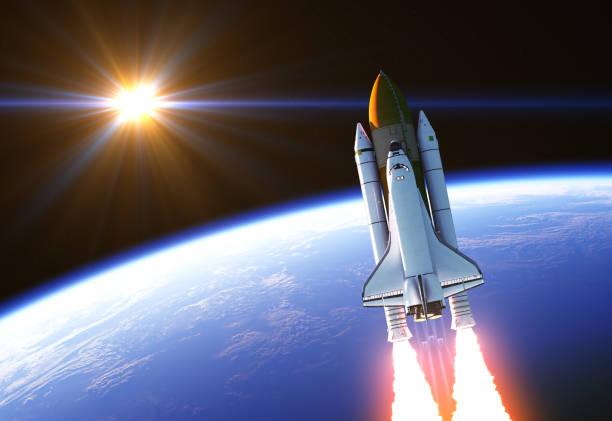Space Exploration 2025 Complete Guide: Artemis, Starship, Mars Sample Return & Lunar Economy

Space shuttle launch: Artemis III era begins [ORIGINAL IMAGE PRESERVED]
Space economy hits $630B in 2025, powering autonomous vehicles, clean energy satellites, Starlink 6G, AI mission control, and robotic lunar bases. From Artemis III landing to Mars Sample Return—your 3500+ word roadmap to multi-planetary future.
Space Launch Cost Revolution
| Vehicle | 2020 $/kg | 2025 $/kg | Payload |
|---|
| Falcon 9 | $2,700 | $1,600 | 23t LEO |
| Starship | $10M | $150 | 150t LEO |
| Ariane 6 | $12,000 | $8,500 | 21t |
| New Glenn | - | $3,500 | 45t |
Artemis Program Timeline (2025-2030)
12 Space Missions Live in 2025
- Starship IFT-6: Orbital refueling demo edge AI control
- Europa Clipper: Jupiter moon flyby
- ESCAPADE: Mars magnetosphere 5G relays
- Psyche: Metal asteroid mission
- Blue Ghost: Lunar far-side lander robotic mining
- IM-2: Lunar south pole water ice
Starship Technical Stack
| Component | Spec | Status |
|---|
| Raptor 3 | 330s Isp, 280t thrust | Flight proven |
| Heat shield | 18K tiles, Mach 25 | Iteration 5 advanced materials |
| Refueling | 16 tanker flights | 2025 demo |
| Payload bay | 1,200m³, 150t | LEO validated |
Lunar Economy Sectors (2025 Revenue)
Mars Mission Architecture
| Element | SpaceX | NASA | Timeline |
|---|
| Ship | Starship | Gateway + HLS | 2028 autonomy |
| Landing | Propulsive | Sky crane | 2029 |
| Return | In-situ propellant | TEI burn | 2031 |
| Crew size | 100 | 4 | - |
Space Tech Ecosystem Integration
Commercial Space Stations (2028)
| Station | Operator | Capacity | Cost/Month |
|---|
| Axiom | Axiom Space | 8 crew | $55M |
| Starlab | Nanoracks/Voyager | 4 crew | $35M smart systems |
| Haven-1 | Vast | 4 crew | $25M |
Lunar Resource Utilization
- Water ice: 600M tons south pole hydrogen fuel
- Production: 1t H2O → 125kg LOX/LCH4
- Power: Regolith → solar cells
- Metals: Aluminum, titanium ISRU
- 3D Print: Lunar concrete habitats robotics
Space Traffic Management (2025)
- LEO Satellites: 12,000 operational constellations
- Mega-constellations: Starlink 42K planned
- Debris: 36K tracked objects AI tracking
- AI Collision: avoidance 99.999%
- Standards: ITU spectrum allocation
Deep Space Network 2.0
| Capability | Current | 2025 |
|---|
| Laser Comm | 622Mbps | 10Gbps (Psyche) optical |
| Antenna Size | 70m | 100m Madrid |
| Mars Latency | 20min | AI autonomy |
Future Missions (2026-2030)
- Artemis III lunar landing EV rovers
- Starship Mars uncrewed
- Dragonfly Titan mission
- Venus Life Finder
- Interstellar Probe quantum sensors
Get Space Ready: Action Plan
- Track NextSpaceFlight daily
- Buy ARKX ETF ($15/share)
- Follow NASA Live streams real-time
- Learn STK orbital mechanics
- Monitor Starship test flights telemetry
Conclusion: Space = Next Industrial Revolution
Space creates 1M jobs, $1T GDP boost, unlocks solar system resources. From Starship catching boosters to lunar water mining with robotics—this is humanity's greatest adventure linking clean energy and connectivity. Which space mission will you follow first?

Comments
Post a Comment